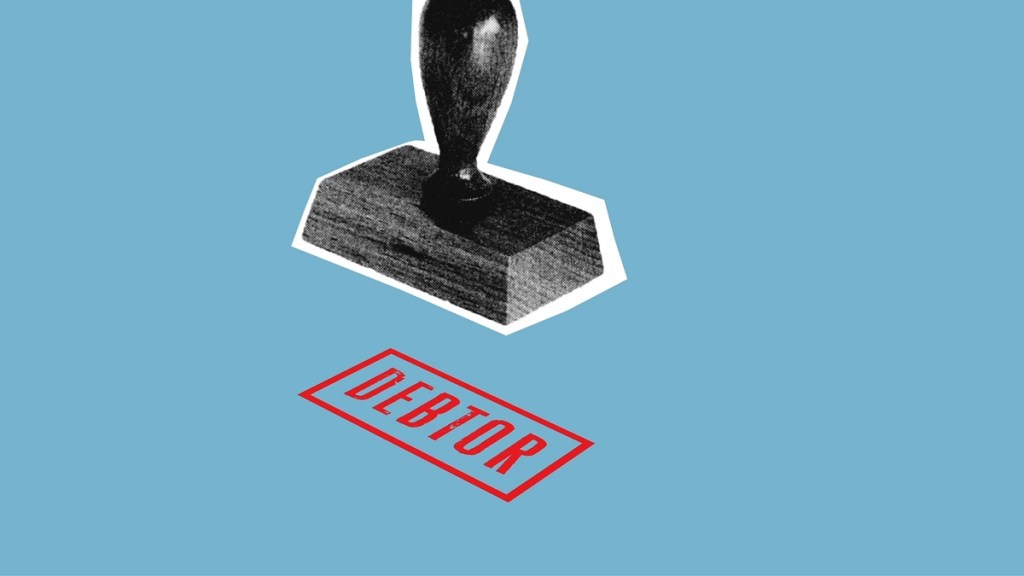Insolvency resolution for MSMEs: The government’s pre-pack insolvency resolution process implemented in 2021 for resolving financial stress among MSMEs — where default amount ranges between Rs 10 lakh and Rs 1 crore – has so far admitted only six cases. Out of the six cases, four cases are ongoing while one case is resolved and one case is withdrawn, according to the data shared by Bhanu Pratap Singh Verma, Minister of State in the MSME Ministry in a written reply to a question in the Lok Sabha.
The pre-pack process can be initiated by an eligible MSME corporate debtor who has made the default and has not undergone or is not undergoing the insolvency process under Part II of the Insolvency and Bankruptcy Code (Code). However, the debtor can file for insolvency resolution after approval of the name of the resolution professional by creditors.
Hence, the framework requires prior discussion and agreement between the debtor and creditors. The framework envisages a debtor-in-possession model during the process with well-designed checks and balances, said Verma.
“Pre-pack insolvency processes require a certain maturity of understanding, precedence and case-law history for success, thereby creating a Catch-22 situation. Ideally, promoters of MSMEs would seek out a pre-pack in order to avoid default or dissolution. However, a lack of knowledge, understanding or confidence in the process inhibits proactive action, leading to the anaemic number of pre-pack insolvencies, despite the large number of cases where it could be viable,” Utkarsh Sinha, Managing Director at boutique investment bank firm Bexley Advisors told FE Aspire.
The Insolvency and Bankruptcy Code (Amendment) Ordinance, 2021 was promulgated in April 2021 to introduce the pre-pack insolvency resolution process. The process was aimed to address the Covid-induced stress faced by MSMEs.
“The Covid-19 pandemic has impacted their business operations and exposed many of them to financial stress. Resolution of their stress requires different treatment, due to the unique nature of their businesses and simpler corporate structures. Therefore, it was considered expedient to provide an efficient alternative insolvency resolution process under the Code for corporate MSMEs,” Insolvency and Bankruptcy Board of India had noted in an information brochure on the pre-pack process.
Also read: Loan Restructuring: What is one-time restructuring of MSME loans? Key things to know
On the lenders’ part, there is uncertainty about the process, as it involves agreeing to a voluntary haircut before the trigger event of an actual bankruptcy, in fact precisely in order to prevent a bankruptcy, as particularly in a setup where such actions can be probed with a suspicious eye, there is no incentive for bankers (particularly public sector) to expose themselves to possible vigilance and other scrutiny to prevent failure in a private company they’ve lent to, said Sinha.
